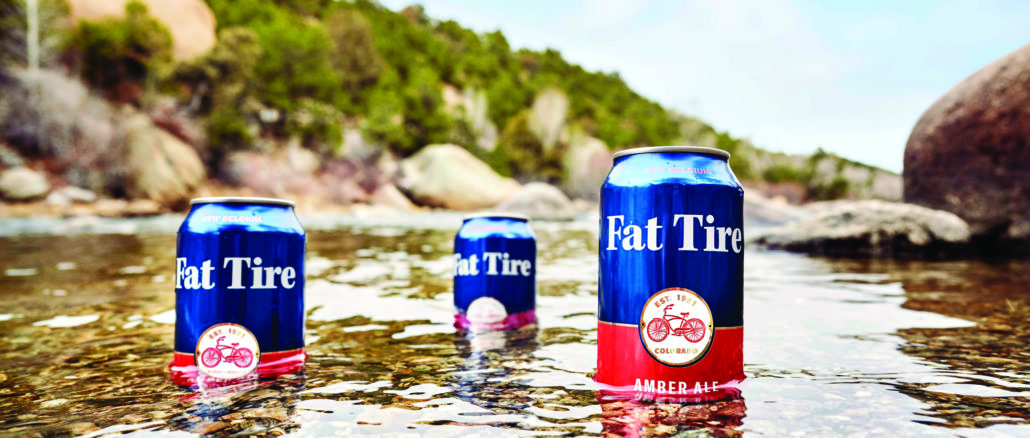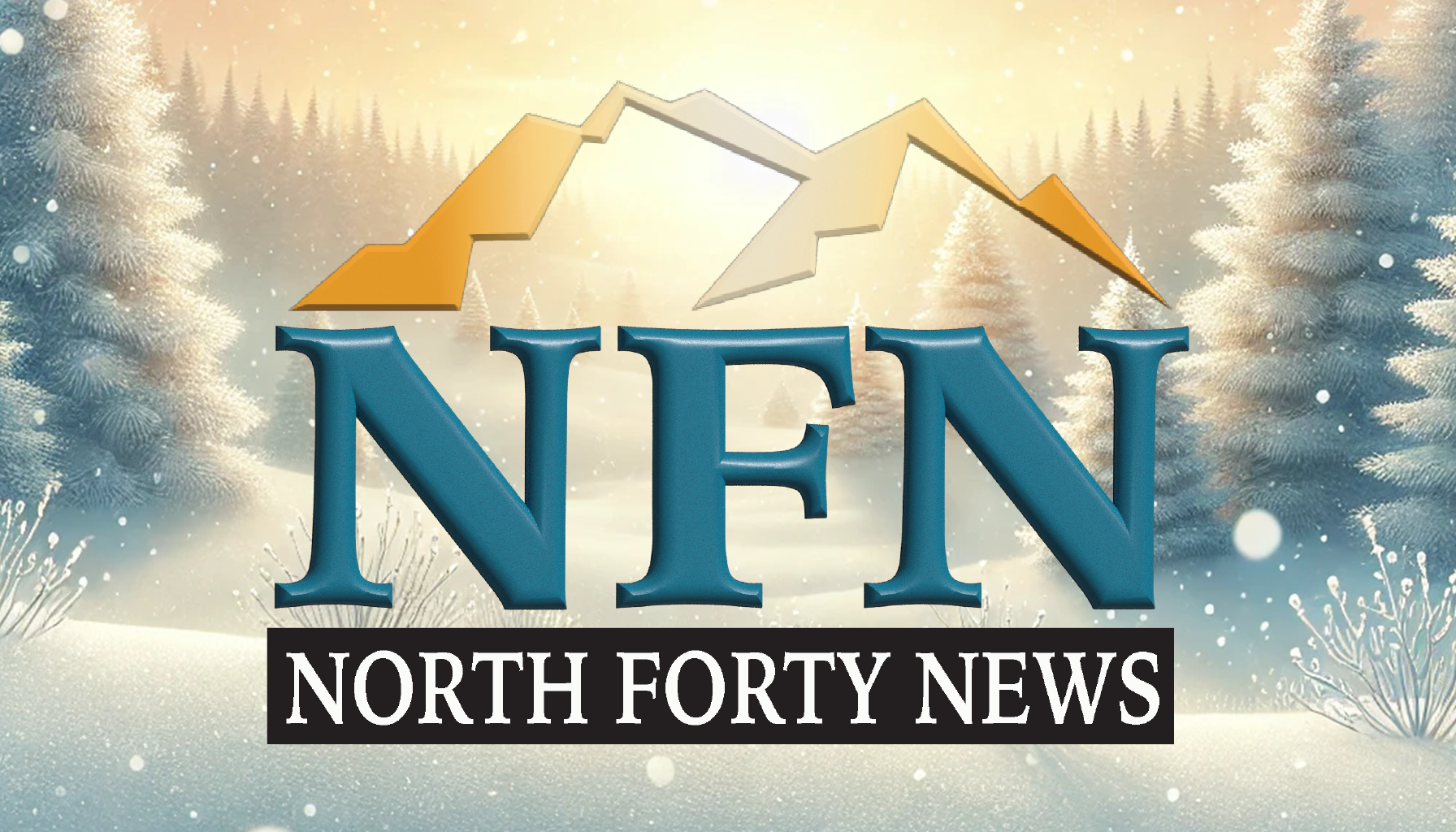
Support Northern Colorado Journalism
Show your support for North Forty News by helping us produce more content. It's a kind and simple gesture that will help us continue to bring more content to you.
BONUS - Donors get a link in their receipt to sign up for our once-per-week instant text messaging alert. Get your e-copy of North Forty News the moment it is released!
Click to DonateEncourages Community to Donate to Support Long-term River Recovery Plans
In fall 2020, the Cameron Peak and East Troublesome fires devastated Northern Colorado’s watersheds, burning for 100 days and consuming over 400,000 acres of timber and vegetation. The NoCoFires Fund is working to restore the Cache la Poudre and Big Thompson watersheds by getting our vital rivers and streams back to sustaining wildlife, recreation, and agriculture, as well as supplying high-quality drinking water for 1 million people.
New Belgium Brewing’s flagship brand, Fat Tire, understands the need for clean water firsthand; the process to create the U.S.’s first certified carbon neutral beer begins with clean, mountain water that comes from the same watershed affected by last year’s fires. Water quality and consistency are crucial to the production of craft beer, and Fat Tire has a long history of returning water used in its brewing process back into the river cleaner than it was before.
“Water is not only the most important ingredient in beer, it’s the lifeblood of everything we love about Northern Colorado, from our world-class recreation to a nationally recognized economy,” said Katie Wallace, director of social and environmental impact at New Belgium Brewing. “The devastating impacts of fires can last for years as forests grow and the health of the landscape returns. The region faces a significant challenge to mitigate the long-term effects this fire will have on the watershed.”
The Community Foundation – with support from Bohemian Foundation – launched the NoCoFires Fund to respond to the impact of the fires. The Fund will focus on mitigation, address critical needs such as flooding in the burn areas, and long-term recovery work with a coalition of partners representing both government and nonprofit sectors.
These partners have identified mitigation projects – covering between 6,000 to 10,000 acres – at a cost of $20 to $35 million that will take several years to complete. Both the acreage and dollar amount could increase, depending on the severity of this spring’s runoff.
“Our goal is to raise $1 million, then further leverage this to secure three to four times that amount ($3M – $4M) in state and federal assistance, bringing additional recovery dollars into Larimer County, “said Ella Fahrlander, chief engagement officer for the Foundation. “We will begin providing funding this spring to help the ‘boots on the ground’ be responsive to evolving needs as additional government dollars arrive.”
To date, approximately $750,000 has been raised, and Fat Tire wants to help by leveraging the impact of its donations and encouraging others in the community to donate.
(Courtesy City of Greeley)
- Largest wildfire in Colorado history burning more than 208,000 acres in Larimer County.
- Current budget allocations are insufficient considering the scale of recovery needed.
- Increased flooding and erosion will significantly damage the quality, reliability and infrastructure of the
Northern Front Range’s water supply, which together with the East Troublesome fire, is putting over 1
million people’s water supply at risk. - The fire will increase the amount of sediment and ash in the river by 10 or even 50 times the natural amount.
- Mitigation projects have been identified for a minimum of 6,000 to 10,000 acres at a cost of $20 to
$35 million and will take several years to complete. - Sedimentation will fill in and decrease the volume of water reservoirs can store and may even render them inoperable.
- Post-fire mitigation, such as mulching and sediment traps, can reduce flooding and prevent erosion, but they are expensive.
- Erosion will cause significant impacts to water quality, water supply reliability, and water supply infrastructure for years to come.
- The Northern Front Range’s economy depends heavily on the availability of clean, reliable water – something that only a restored and healthy watershed can support.
- Local communities that rely on water from the burnt watersheds cannot bear such costs, especially while still dealing with the financial impacts of COVID-19.
To learn more and contribute to NoCoFires Fund, visit https://nocofoundation.org/fires/.
